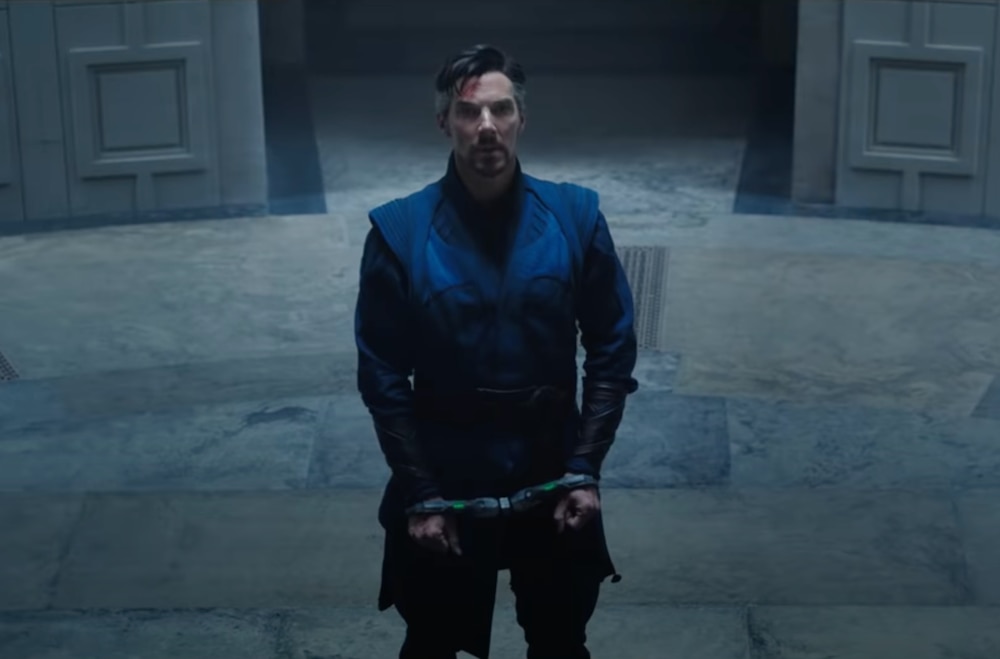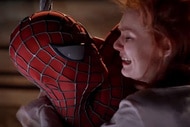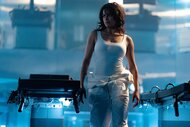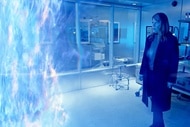Create a free profile to get unlimited access to exclusive videos, sweepstakes, and more!
'Doctor Strange in the Multiverse of Madness' writer on finding the heart in an alt reality story
Writer Michael Waldron explains why the multiverse is more than just a gimmick.

Marvel Studios is deep into multiverse stories right now, whether we're talking about one-off adventures like What if...? or door-opening extravaganzas like Spider-Man: No Way Home. But even with that in mind, Doctor Strange in the Multiverse of Madness feels like the most ambitious leap into alternate realities the studio has taken yet. So, what makes a story like that work?
Speaking to SFX Magazine, Multiverse of Madness writer Michael Waldron, who also just came off a successful first season as head writer on Marvel's Loki series, explained the essential dilemma of telling this kind of story. The film will feature Stephen Strange (Benedict Cumberbatch) working against an apparent unraveling of reality that will send him hurtling into the multiverse to face, among other things, alternate versions of himself. That's a big concept, and for Waldron, one of the keys to getting it right was to resist the temptation to go too big.
"The danger is you can expand your scope too wide, and you can actually reduce the stakes if you don’t make it personal as you go bigger and wider," Waldron said. "But the opportunity in the multiverse is to have characters confront literal ‘What ifs?’ and alternate versions of themselves, and perhaps others, in their lives. It’s an interesting way to hold up a mirror to characters."
With Spider-Man: No Way Home and Loki, Marvel was able to tell stories set within a multiverse that confronted the idea of other realities and variant characters, but still kept their focus relatively narrative. Loki is filtered almost entirely through the lens of the title character, while the emotional crux of No Way Home lies in Peter Parker reckoning with his own failures through coming to understand how his other versions dealt with their personal losses.
Though Multiverse of Madness seems poised to dig even deeper into multiverse lore than either of those stories, Waldron's focus was still clear: What does confronting these other realities and other paths tell us about the characters we already know?
"In every way, it shapes the emotional heart of the story. It has to," Waldron said. "The multiverse isn’t just a MacGuffin where we’re like, 'Okay, this is just a kitschy thing that we’re playing with in this movie.’ If you’re faced with alternate realities and with alternate versions of yourself that has to become the emotional heart, exploring who you might be if you were a different version of yourself, if you made other choices, the right choices or the wrong choices. It’s complex stuff, emotionally, and that’s exactly why it’s so thrilling and so great for a cast as dramatically talented as this one."
Thanks to the famous Marvel secrecy, we still have no idea exactly how those explorations will play, but we can't wait to find out. Doctor Strange in the Multiverse of Madness is in theaters May 6.














